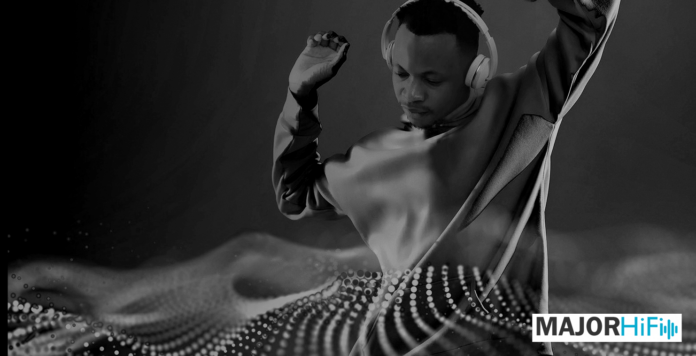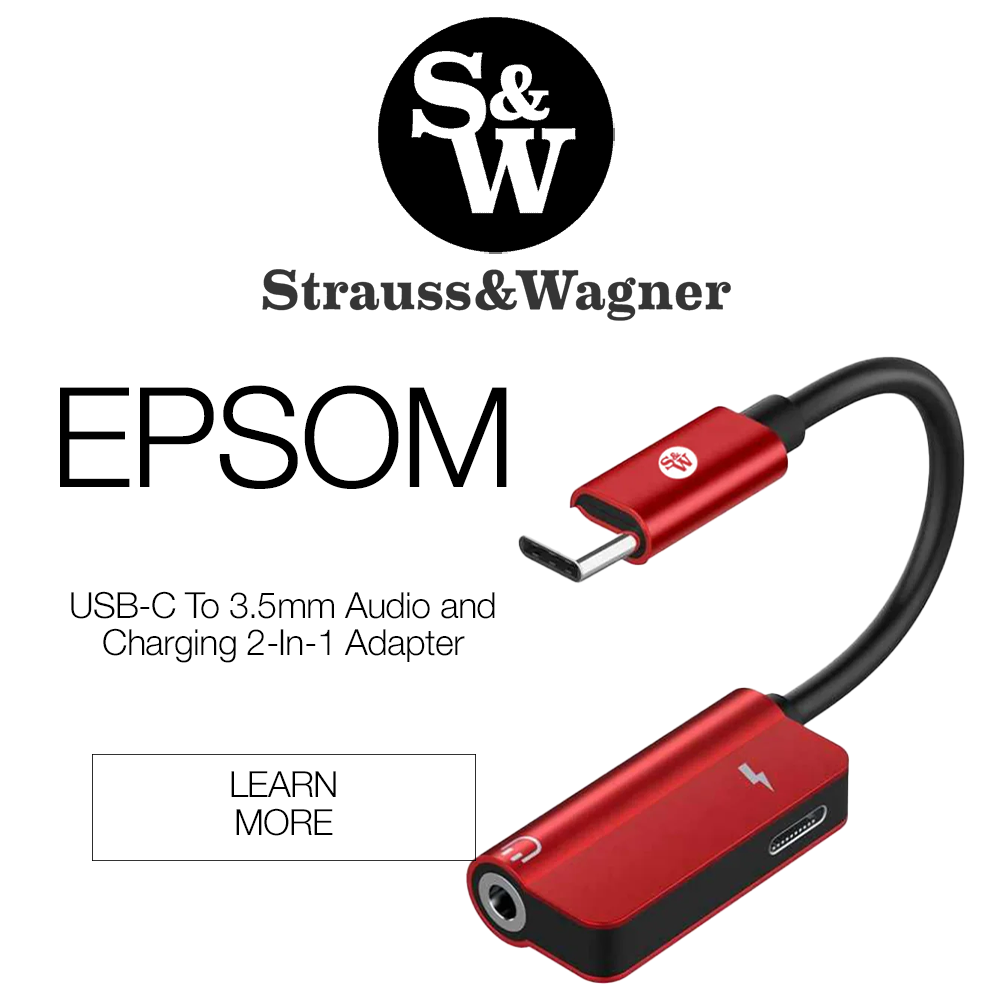Everyone’s gone wireless these days. Bluetooth headphones and earbuds are the most common ways you’ll see people listening to music, podcasts, ext. For convenience and accessibility, wireless has been the way to go since the iPhone removed the 3.5mm headphone jack. However, this has come at a cost to sound quality in most Bluetooth earbuds. Most Bluetooth headphones and earbuds use CODECs to squeeze in as much audio information as possible, which compresses the signal. Sony’s LDAC is able to stream audio at 990kpbs at 24bit/96kHz, which is the highest resolution Bluetooth can get.
This is what gives the 1000x series that fancy “Hi-Res” sticker on their boxes. Although the resolution through LDAC is definitely a step up from nearly every other Bluetooth CODEC, it still isn’t lossless. The CODEC itself is still compressing data, so the original signal is still altered in some way. This means that wired over-ear or in-ear headphones will show higher-quality audio at the same sample and bit rate.
With Apple Music and mostly every other music streaming service moving to completely lossless streaming, you may want to find a way to get the most out of it. If you’re primarily a Bluetooth user though, there really isn’t any way to hear true lossless audio. Manufacturers have yet to find a way to transmit audio data over Bluetooth fast enough without compressing the original signal. However, they are trying, and there are a few brands that have talked about new technologies that might give us a look at what true hi-res Bluetooth might look like.
MQair
MQA is a hotly debated subject among audiophiles. Whether or not the format is lossless in the first place is a concern for some, but the company itself is now trying its hand at developing a lossless experience over Bluetooth. A few months ago they announced MQair, which hopes to be a huge breakthrough in lossless audio streaming over wireless. MQair is reported to be able to transmit both MQA and PCM up to 24bit/384kHz audio using their CODEC. It seems like overkill, but if this is true then it’s a good sign that lossless audio data is transferable over Bluetooth without compression. This tech is also known as SCL6, which was what this technology went by prior to MQair.
Until products are actually released to the public carrying MQair, the jury is still out on whether or not they’ve cracked the code. Companies like PSB Speakers have already announced they will be implementing MQair with their new headphones. All of this sounds like the breakthrough in lossless Bluetooth we’re looking for, but it’s not that simple. An issue that has been brought up with MQair is that the bandwidth still won’t be large enough for all of the audio info to pass through and properly decode without altering the sound. There’s also the issue of crowded Bluetooth environments where the signal is likely to decrease performance. This is also why Ultra Wide Band (UWB) will run into some issues too.
Will We See Lossless Bluetooth Soon?
It seems like we’re getting closer to lossless Bluetooth, but there are some quirks to work out with new technology being introduced. When it comes to developing Hi-Res CODECs, there are already options out there that can offer good bit rates, but the issue seems to be getting that audio data to fit through limited bandwidth. MQair is going to be the indicator to see how close we really are to lossless Bluetooth, so we’ll see how well it performs when more products hopefully really with it.
MAJORHIFI may receive commissions from retail offers.








